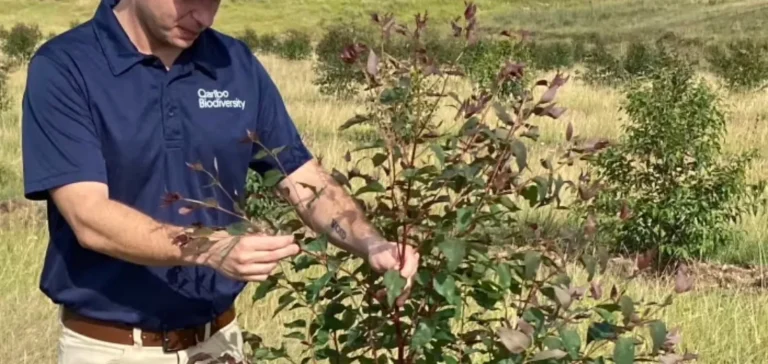Qarlbo Biodiversity has entered into a memorandum of understanding with Woodland Biofuels, a Canadian company specialising in converting biomass into renewable fuels. The agreement provides for the sale of up to 500,000 tonnes of thinned pine wood sourced from sustainably managed forests on properties owned and operated by Qarlbo in the United States. The wood will be harvested according to the principles of the Nature+® forest management strategy developed by Qarlbo.
A strategy focused on responsible forest operations
The Nature+® method seeks to balance forest production with biodiversity preservation. It is based on silvicultural techniques such as controlled thinning, which both supports forest productivity and maintains native species. The wood to be supplied under this agreement will come in particular from a 10,580-acre site in southern Louisiana, which Qarlbo Biodiversity is already operating under this programme.
Qarlbo states that the biomass produced through these operations is certified as sustainable. According to the company, the certification meets market expectations for traceable raw materials, especially in the energy sector. The approach is also designed to enhance carbon sequestration and may allow for the generation of biodiversity credits, although these mechanisms were not specified in the agreement.
An outlet for American forest biomass
Woodland Biofuels, headquartered in Toronto, is seeking to secure its feedstock supply for renewable fuel production facilities. Thinned pine wood, which does not meet the quality standards for conventional timber use, represents a viable feedstock for bioethanol production.
The financial terms of the agreement have not been disclosed. No specific delivery timeline has been announced either. However, both companies stated that the wood will exclusively come from forests managed under certified sustainable practices, which remains a key criterion in international sector tenders.
Growth in the southeastern United States
The operations primarily involve properties located in the southeastern United States, a region where Qarlbo Biodiversity has recently expanded its land holdings. The company is using this presence to develop a regional supply chain for forest biomass. Woodland Biofuels could thus benefit from a consistent and localised feedstock supply, avoiding more expensive imports.
According to the two companies, the memorandum of understanding could lead to a longer-term partnership, particularly if new production sites are brought online. No information was provided regarding future volumes or the possible renewal of the agreement beyond the initial phase.






















